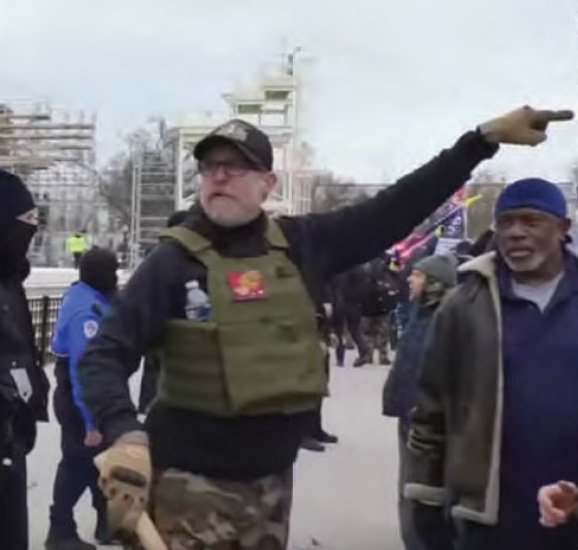Two bills could reduce prison and probation sentences for many low-level drug crimes, like possession and intent to distribute small amounts.
by Nomin Ujiyediin, Kansas News Service
Two bills pending in the Kansas Legislature would slim down penalties for minor drug crimes.
Supporters of the lighter sentences contend the changes would give Kansas more reasonable drug laws and carve away at the state’s prison population.
Opponents told a Kansas House committee this week that the legislation would go too far, discounting that all drug crimes — even relatively small offenses — feed an often-violent illegal drug trade.
One bill would shorten prison and probation sentences for the lowest-tier of drug crimes — like possession or intent to distribute a small amount — sometimes by as much as half.
Scott Schultz, executive director of the Kansas Sentencing Commission, argued that studies show long prison sentences are not a deterrent to drug crimes, and reduced prison sentences don’t lead to a rise in drug crimes.
He told lawmakers the bill would make the state’s punishments for drug-related convictions closer to the sentences for minor felonies and misdemeanors like aggravated battery or forgery.
“Is a drug crime similar in severity to these particular things?” Schultz said. “One would maybe even argue that a possession offense of a tenth of a gram of meth is less than even an aggravated battery in this situation.”
A second bill would recommend probation, rather than prison time, for people convicted of a wider array of minor drug crimes. The bill would let some of those people receive state-funded drug abuse treatment.
Special Deputy Greg Smith of the Johnson County Sheriff’s Office testified against the bill. He told lawmakers that sentences for drug-related crimes in Kansas often are already reduced because of plea bargains.
“Just because you’re charged with a certain crime does not necessarily mean that’s the one you’ll be sentenced to,” he said. “Usually a plea involves coming down on the chart rather than going up on the chart.”
Seemingly minor drug crimes, Smith said, aren’t necessarily “victimless” and sometimes happen in conjunction with more serious crimes like shootings and murder.
“It seems to us that drug crimes are being downplayed,” he said. “High-level crime comes out of the low-level stuff.”
Randy Bowman, a spokesman for the Kansas Department of Corrections, told legislators the bills could cut the state prison population and the corrections budget by small amounts. Maintaining the population below capacity, he said, could help improve social distancing during the pandemic.
“The last year has taught us all that the way we have housed prisoners in this state … is too many people in too small a space,” he said. “We need to have less people in the same existing amount of space today.”
Kansas is holding about 8,700 prisoners, compared to roughly 10,000 at the start of the pandemic. The drop is partly because so many criminal courts have slowed to a crawl.
For years, the state Sentencing Commission projected a steady rise in the prison population, but the pandemic has upended the old rules around prison sentencing, Bowman said.
“There is a certain unknown to the current projections,” he said. “COVID broke the model in some sense and we don’t have a great baseline to go from now.”
The two bills are part of a series of recommendations made by the Kansas Criminal Justice Reform Commission, a group of legislators, judges, attorneys, community members and others who met regularly in 2019 and 2020 to discuss changes to the state’s criminal justice system.
The bills are at http://kslegislature.org/li/b2021_22/measures/hb2139/ and http://kslegislature.org/li/b2021_22/measures/hb2146/.
Nomin Ujiyediin reports on criminal justice and social welfare for the Kansas News Service. You can email her at nomin (at) kcur (dot) org and follow her on Twitter @NominUJ.
The Kansas News Service is a collaboration of KCUR, Kansas Public Radio, KMUW and High Plains Public Radio focused on health, the social determinants of health and their connection to public policy. Kansas News Service stories and photos may be republished by news media at no cost with proper attribution and a link to ksnewsservice.org.
See more at https://www.kcur.org/news/2021-02-11/kansas-lawmakers-weigh-whether-to-ease-penalties-for-minor-drug-crimes.

